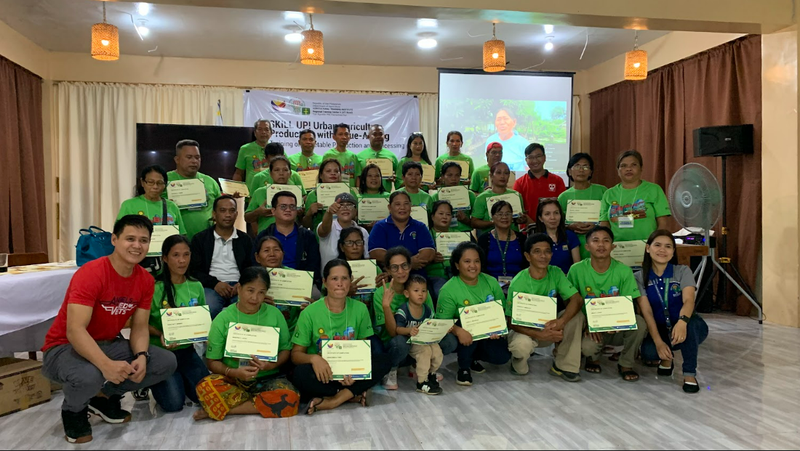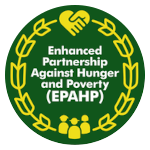
Skill Up! Urban Agriculture Production with Value-Adding Training Empowers Community-Based Organizations
San Andres, Catanduanes – July 25, 2024 – The Agricultural Training Institute (ATI-Bicol), in collaboration with the Enhanced Partnership Against Hunger and Poverty (EPAHP) program of the Department of Social Welfare and Development (DSWD), proudly concluded a highly successful three-day training entitled “Skill Up! Urban Agriculture Production with Value Adding (Training on Vegetable Production and Processing)” held on July 23-25, 2024, at the Bridge Agri-Tourism Park in San Andres, Catanduanes.
The training, which saw active participation from thirty representatives of Community-Based Organizations (CBOs) including cooperatives, Sustainable Livelihood Program Associations (SLPAs), Agrarian Reform Beneficiary Organizations (ARBOs), and Irrigator’s Associations (IAs), was designed to enhance knowledge on urban agriculture technologies and value-added vegetable production techniques.
The first two days of the workshop were led by Ms. Rosita De Lumen, who provided comprehensive insights into vegetable production through urban agriculture. Participants were guided through essential processes such as land preparation, fertilizer production, container preparation, and plant crop management. The practical approach, featuring hands-on demonstrations, allowed participants to apply their new skills and showcase their learning outcomes.
On the third day, Ms. Daisy Donna Ramos took the stage to impart valuable knowledge on vegetable processing. Demonstrations included innovative cooking techniques for creating banana chips, squash-based boochi, and malunggay polvoron. The diverse range of preservation methods provided participants with creative and practical ways to enhance vegetable products, potentially transforming them into profitable ventures.
During the graduation ceremony, a participant expressed heartfelt gratitude: “I am grateful for this opportunity to learn about vegetable production using urban agriculture technologies and how to make vegetables as a source of income through processing. Surely, I will reecho all that I have learned to my fellow farmers and members of our association.”
This training is a testament to ATI’s commitment to the EPAHP program's goals of mitigating hunger, ensuring food security, and reducing poverty in both urban and rural communities, especially among marginalized sectors.
The success of this event marks a significant step forward in equipping local organizations with the skills and knowledge necessary to advance urban agriculture and value-added production, paving the way for a more sustainable and prosperous future.
